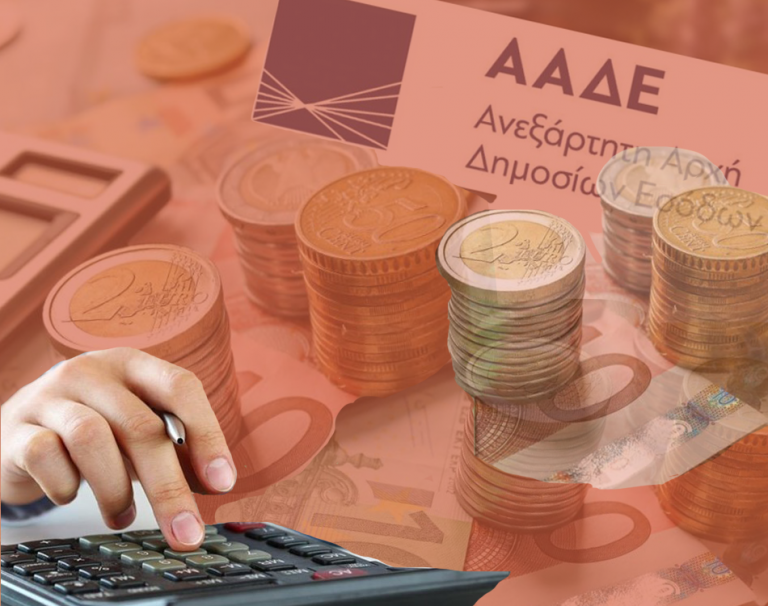Greece’s public finances posted a strong performance in the first four months of 2025, with tax revenues and budget figures exceeding expectations, according to the Ministry of National Economy and Finance.
Tax revenues reached €22.1 billion between January and April 2025—up by €1.455 billion or 7% compared to the target. The ministry stated this rise is largely attributed to:
Stronger-than-expected collection of current-year taxes (e.g., VAT, corporate tax).
Higher-than-anticipated income tax payments from the previous year.
Early filing of personal income tax returns starting mid-March, which accelerated collections.
The state budget showed a primary surplus of €5.165 billion, significantly above the target of €1.973 billion and higher than last year’s €3.282 billion. On a modified cash basis, the overall state budget balance posted a surplus of €1.866 billion, outperforming the expected deficit of €1.357 billion.
Certain factors, such as deferrals in regular and investment payments totaling nearly €2.8 billion, as well as revenue reclassifications (e.g., €342 million counted for 2024), impact the fiscal picture but do not change the overall General Government result.
Net state budget revenues hit €23.07 billion, €244 million above target. Notably, this includes a fiscally neutral transaction of €784.8 million related to the new Attica Tollway Concession Agreement.
Excluding this and other timing issues (like delayed EU fund inflows), the net revenue increase is estimated at €1.59 billion or 7.4% above target.
In April alone, tax revenues fell slightly short, totaling €5.28 billion, or 5.4% below target, due to delays in the collection of EU funds and early collection of certain taxes in March. However, investment-related revenue (PDI) exceeded monthly targets.
State expenditures from January to April reached €21.21 billion, €2.98 billion lower than budgeted and down €1.58 billion from the same period in 2024. This was mainly due to:
Postponed transfer payments to public entities.
Delayed defense and investment spending.
Key Expenditure Highlights:
€461 million to hospitals and the Ministry of Health.
€400 million for public utility subsidies (electricity sector).
€173 million for national pharmaceutical procurement.
€119 million to transportation agencies.
€92 million for Higher Education grants.









